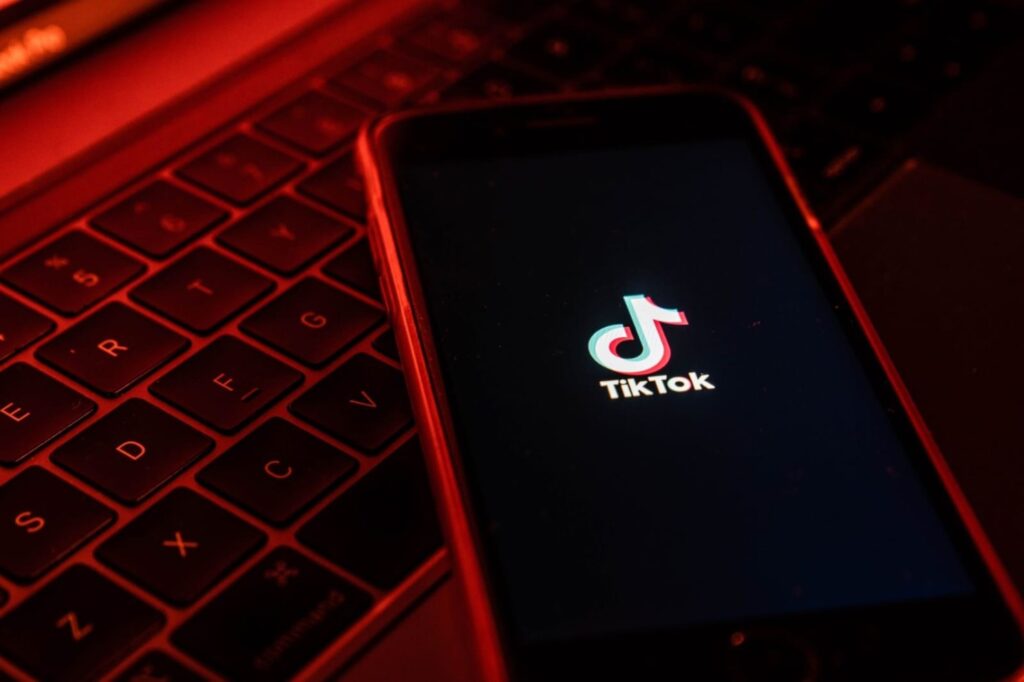
Introduction:
In today’s digital age, organizations face a constant threat from cyber attacks that can have severe consequences on their operations, reputation, and financial stability. This newsletter explores the challenges organizations encounter in dealing with cyber attacks and highlights the implications for their security posture.
I. Evolving Threat Landscape:
The rapid advancement of technology has led to a parallel rise in sophisticated cyber threats. Hackers and cybercriminals employ various techniques such as malware, phishing, ransomware, and social engineering to exploit vulnerabilities in organizational systems. The ever-evolving nature of these threats poses a significant challenge for organizations to keep up with the latest security measures.
II. Insider Threats:
One of the most challenging aspects of cyber attacks for organizations is the presence of insider threats. Employees or former employees with malicious intent can compromise sensitive data, sabotage systems, or provide unauthorized access to cybercriminals. Mitigating insider threats requires a delicate balance between trust and security, as organizations must implement robust access controls, monitoring systems, and employee awareness programs.
III. Data Breaches and Privacy Concerns:
Data breaches have become alarmingly common, leading to the exposure of sensitive information and violating user privacy. Organizations must adhere to strict data protection regulations, such as the General Data Protection Regulation (GDPR) in the European Union, to safeguard customer data. The financial and reputational damage resulting from data breaches can be significant, necessitating proactive measures to prevent and respond to such incidents.
IV. Resource Constraints:
Many organizations, particularly small and medium-sized enterprises, face resource constraints when it comes to cybersecurity. Limited budgets and lack of skilled personnel make it challenging to implement robust security measures and maintain an effective security posture. Cybersecurity awareness training, regular system updates, and investing in reliable security solutions are crucial but often overlooked due to resource limitations.
V. Rapid Technological Advancements:
The rapid adoption of emerging technologies such as cloud computing, the Internet of Things (IoT), and artificial intelligence (AI) brings new security challenges for organizations. Integrating these technologies into existing infrastructures without compromising security requires specialized knowledge and expertise. Failure to address these challenges effectively can expose organizations to vulnerabilities and potential cyber attacks.
VI. Incident Response and Recovery:
Cyber attacks can be disruptive, causing operational downtime and financial losses. Organizations need to have well-defined incident response plans in place to minimize the impact of attacks. Incident response teams should be trained and equipped to detect, contain, and recover from security incidents promptly. Regular testing and updating of incident response plans are critical to ensure their effectiveness.
VII. Third-Party Risks:
Many organizations rely on third-party vendors and partners for various services and support. However, these relationships can introduce additional risks. Cyber attacks on third-party vendors can compromise organizational systems and data. Organizations must conduct due diligence and establish strong security protocols when engaging with third parties to mitigate these risks.
VIII. Regulatory Compliance:
Organizations are subject to an increasing number of cybersecurity regulations and compliance standards. Failure to comply with these requirements can result in legal repercussions and reputational damage. Navigating the complex landscape of regulatory compliance can be challenging, particularly for multinational organizations operating in different jurisdictions with varying data protection laws.
Conclusion:
Cyber attacks pose significant challenges for organizations across all sectors. To mitigate these threats, organizations must stay vigilant, prioritize cybersecurity measures, and invest in robust infrastructure, personnel training, and incident response capabilities. Proactive risk management, collaboration with security experts, and adherence to regulatory frameworks are essential to safeguard sensitive data and maintain the trust of customers and stakeholders in today’s digital landscape.
Major Privacy Updates of the Week

Meta fined a record of 1.2B Euros under GDPR by Ireland's DPC:
Meta plans to appeal the decision and seeks a stay from the courts while negotiations for a new data transfer deal between the EU and the US are underway. Read More.

FTC Says Ed Tech Provider Edmodo Unlawfully Used Children's Personal Information for Advertising and Outsourced Compliance to School Districts
The order includes a $6 million penalty, suspended due to financial constraints. It also prohibits non-educational use of data and outsourcing compliance to schools. The FTC filed the complaint and order in the US District Court for the Northern District of California. Read More.

Office of Privacy Commissioner of Canada announces investigation of OpenAI
The Privacy Commissioner of Canada, Philippe Dufresne, announced a joint investigation into OpenAI with provincial data protection authorities to assess compliance with Canadian privacy laws. The investigation focuses on consent, transparency, access, accuracy, and accountability of OpenAI’s practices. OpenAI is cooperating with the investigation, which is in the early stages. Dufresne emphasized the need for vigilance regarding emerging technologies and their impact on democratic principles. In addition, protecting children’s privacy and preparing for privacy law reforms are other priorities.
Privacy is considered a fundamental right that supports innovation and trust in institutions, and balancing privacy with innovation is crucial for public confidence and economic success. Read More.

Employees shared TikTok user data on an internal platform
Employees of TikTok have been sharing user information on an internal messaging tool called Lark, including personal data and potentially illegal content. Concerns were raised about the accessibility of this data by the workers of the app’s Chinese owner ByteDance. The incident raises questions about TikTok’s data and privacy practices, its ties to ByteDance, and potential security risks.
TikTok has faced pressure to separate its US operations and store American user data within the country. Internal reports contradict TikTok’s claims about the limited access to US user data and the storage of Lark data in China. Moreover, TikTok’s privacy and security division has undergone reorganizations and departures, potentially impacting privacy and security projects. Read More.
.

IIB hit by Ransomware Attack carried out by Russian hackers
According to Police Sources, some of the encrypted data also includes confidential information; however, the extent of the damage is still being assessed. The IIB officials did not pay any ransom and filed a mandatory formal complaint after spending time understanding the gravity of the incident. Read More.
Curated by: Prajwala D Dinesh, Ritwik Tiwari, Ayush Sahay
WEEKLY PRIVACY NEWSLETTER
Keep up to pace with this high-impact weekly privacy newsletter that
features significant data privacy updates, trends, and tools that can
help to make your life secure & easier every day!
*By clicking on subscribe, I agree to receive communications from Tsaaro




